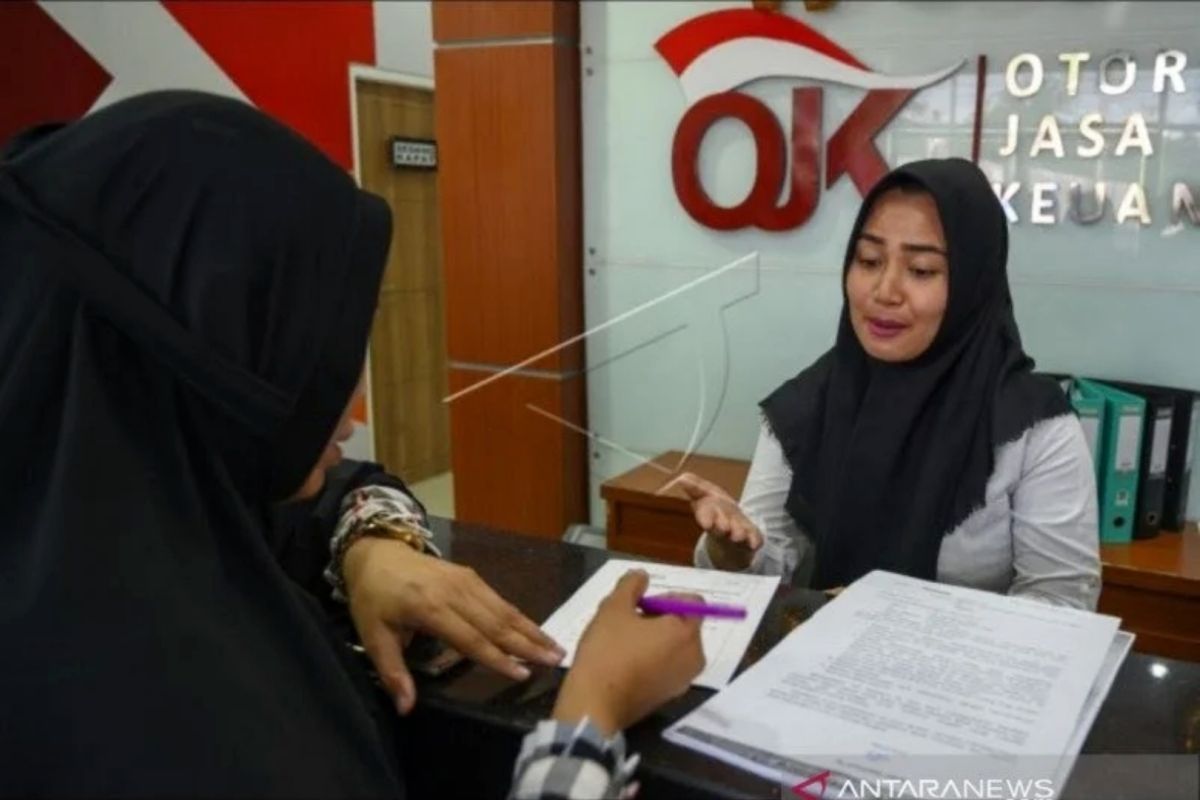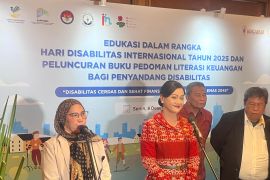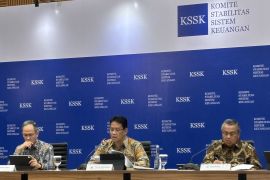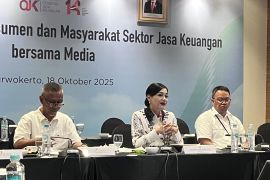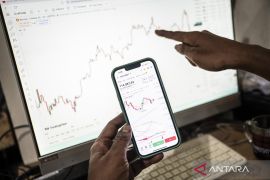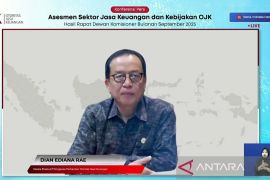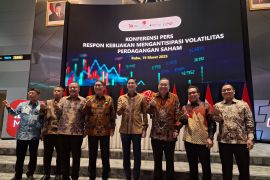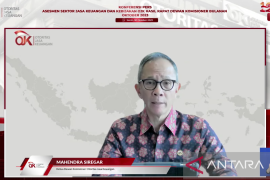The OJK has continued to monitor the stability of Indonesia's financial services sector amid the COVID-19 pandemic, which, until April, has been reported to be in awake condition.
Economic data shows that the COVID-19 pandemic has put significant pressure on the global economy. The IMF, in its April 2020 World Economic Outlook, has predicted that global economic growth would contract by 3 percent, with the growth of emerging markets also projected to contract by 1 percent.
"Through a number of anticipatory (pre-emptive) policies and forward looking assessments, which are reflected in financial, fiscal, and monetary sector stimulus, Indonesia has been able to control volatility in the financial markets, which had risen sharply with the increase in the spread of COVID-19," deputy commissioner for Public Relations and OJK Logistics, Anto Prabowo, said on Thursday in Jakarta.
With the issuance of Government Regulation in Lieu of Law No. 1 of 2020, Indonesia has joined the group of the few countries whose economic growth is projected to continue to grow positively in 2020.
Anto explained that in April, 2020, the stock market index fell slightly by 0.9 percent (mtd) to 4,496, while the sovereign debt papers (SBN) market experienced a strengthening with an average yield decrease of 19.4 bps (mtd).
As of April 24, 2020, non-resident investors recorded a net sell of Rp11.8 trillion (mtd), each with Rp7.2 trillion in the stock market, and Rp4.6 trillion in SBN market, far lower than the net sell in March, 2020, which was recorded at Rp126.8 trillion.
Meanwhile, he said, the intermediary performance of financial services institutions as of March, 2020 still grew positively.
Banking loans grew by 7.95 percent (yoy), supported by foreign currency loans, which grew by 16.84 percent (yoy). Finance company receivables swelled by 2.49 percent (yoy).
Banking Third Party Funds (DPK) grew 9.54 percent (yoy). The insurance industry collected premiums of Rp17.5 trillion, a contraction of 7.51 percent (yoy).
Meanwhile, as of April 28, 2020, fund-raising through the capital market reached Rp28.3 trillion, with 22 new issuers. In the pipeline, there are 53 issuers that will conduct a public offering with a total indicative offer of Rp21.2 trillion.
The risk profile of financial service institutions in March was also maintained at a controlled level, with a gross NPL ratio of 2.77 percent (net NPL: 0.98 percent) and NPF ratio of 2.75 percent.
In the midst of the weakening of the rupiah exchange rate, the risk of the banking exchange rate can be maintained at a low level, as seen from the ratio of the Net Open Position (NOP) of 1.94 percent, which is far below the regulatory threshold of 20 percent.
Meanwhile, banking liquidity and capital are at an adequate level. The liquid to non-core deposit ratio is pegged at 112.90 percent, which is above the 50 percent threshold.
This condition is also supported by the existence of a credit restructuring policy that began in March so that would not burden the bank's capital since the restructured loans are categorized smoothly.
In addition, the OJK continues to monitor the daily liquidity conditions of financial service institutions, including the availability of High Quality Liquidity Assets, in the form of securities.
Capital Adequacy Ratio of banks is recorded at 21.77 percent and the Risk-Based Capital of the life insurance and general insurance industries stands at 643 percent and 297 percent, which is above the regulatory threshold of 120 percent. (INE)
Related news: OJK shortens trading hours at Stock Exchange
Related news: OJK to ease credit collectability amid COVID-19 outbreak
EDITED BY INE
Translator: Achmad Buchori, Azis Kurmala
Editor: Fardah Assegaf
Copyright © ANTARA 2020
